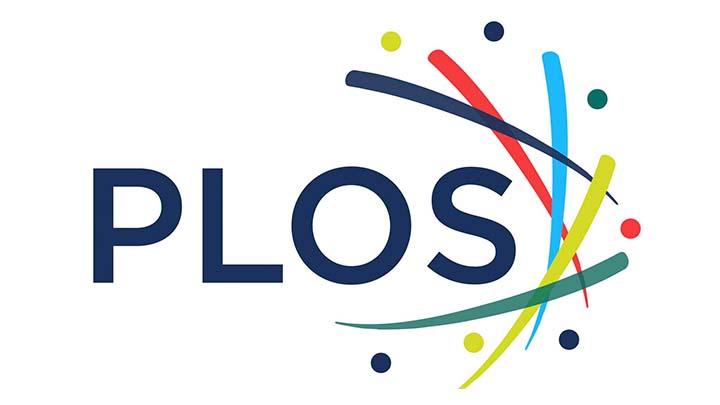Yale Library eliminates fees for Yale authors publishing in PLOS
Yale University Library has signed two innovative agreements that will allow Yale-affiliated authors to publish in any PLOS open access journal without paying article processing charges (APCs).
PLOS is a non-profit, open access publisher of seven highly respected scientific and medical journals. Last year Yale authors published more than 100 articles in PLOS journals, with APCs of up to $3,000 per article. Effective Jan. 1, 2021, these author-paid APCs will be eliminated and replaced with annual fees paid by the library. The authors will maintain copyright ownership of their research.
“Our goal is to make open access publishing a more viable option for more Yale researchers in science and medicine, and to support a publication model that will also encourage open access publishing beyond Yale,” said Barbara Rockenbach, the Stephen Gates ’68 University Librarian.
Open access publishing has grown in popularity since the 1990s when peer-reviewed journals began publishing online with a traditional business model based on limited access and high subscription fees. Open access developed as an alternative to make new research quickly and widely available with financial support from those producing the research. However, financial support for APCs from academic departments, government, and other research funders has varied widely, with some authors having to pay from personal funds.
The library agreements will eliminate APCs for Yale authors publishing in PLOS Biology, PLOS Medicine, PLOS One, PLOS Computational Biology, PLOS Pathogens, PLOS Genetics, and PLOS Neglected Tropical Diseases, as well as in any new PLOS publications launched during the contract term. The initial agreements are for three years and will be funded through Yale Library’s Collection Development department with support from the Cushing/Whitney Medical Library.
Removing these publication fees for individual researchers will create a powerful incentive for researchers to publish in PLOS journals, according to Joshua Gendron, associate professor of Molecular, Cellular and Developmental Biology, who published a paper in PLOS One—his first in A PLOS publication—on March 17.
“Open access publishing is very important to increase inclusion of important stakeholders in science,” Gendron said. “Much of what we do is publicly funded, but the results are not publicly available. There is a push to move towards open access, but it often comes at a financial cost. This will make open access publishing easier and more desirable for many on campus, allowing the work done here to be accessible to anyone interested.”
Yale authors may direct questions to Lindsay Barnett, Collection Development and Scholarly Communication Librarian, or Kevin Merriman at Marx Science and Social Science Library.



